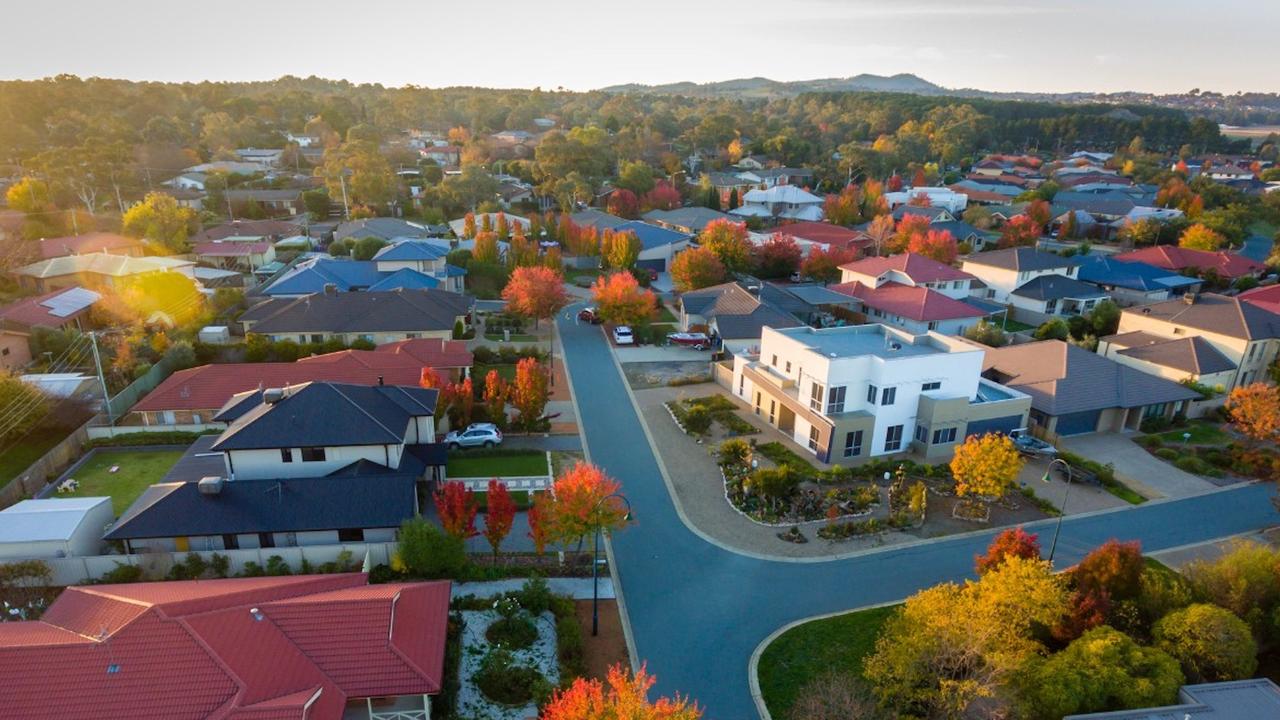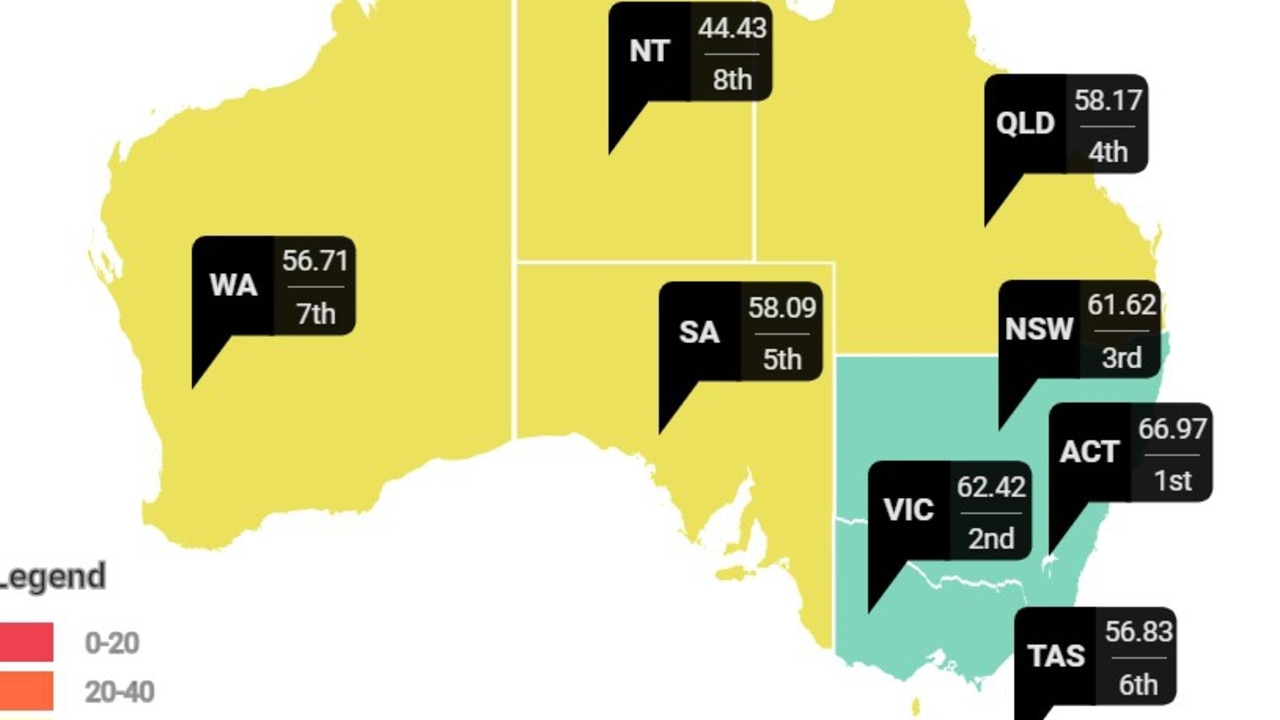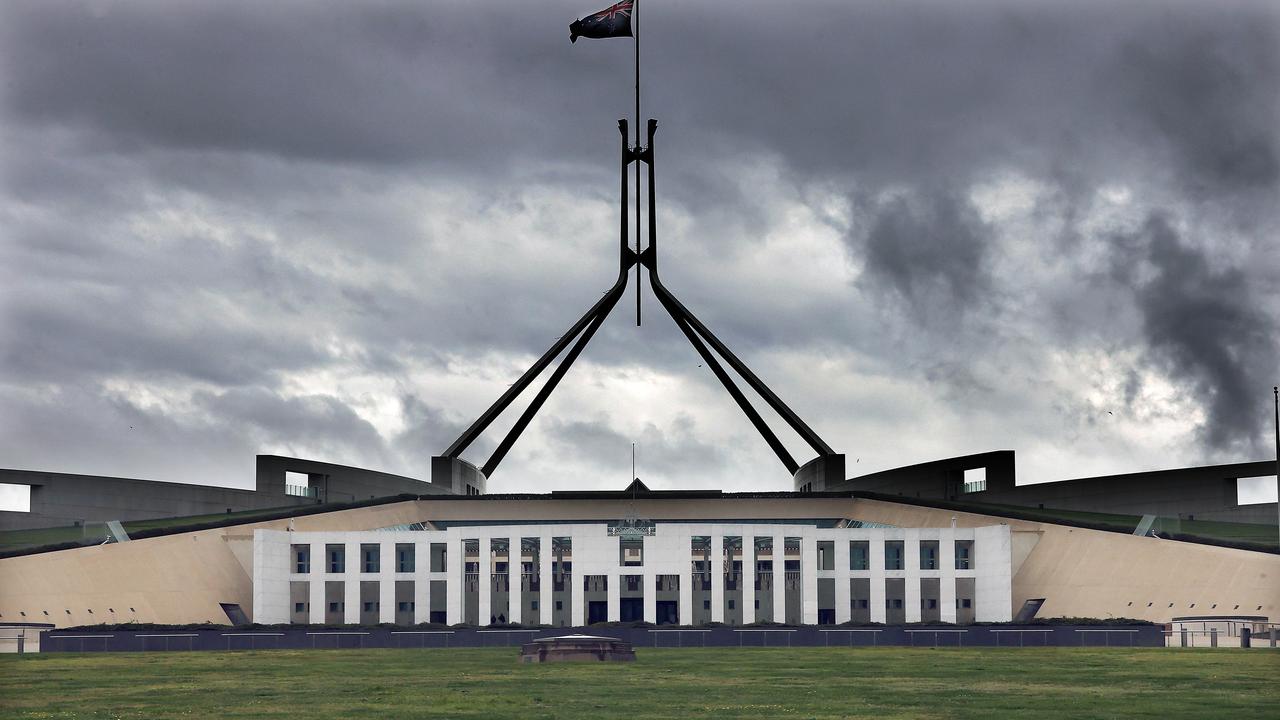Social Progress Index reveals best place to live in Australia
One Australian state has maintained the highest standard of community wellbeing for seven consecutive years, according to a study.
A national report card on community wellbeing across Australia has revealed one state has consistently outperformed its peers to remain the best place to live in the country.
For the seventh consecutive year, the Australian Capital Territory has received the highest score in the Social Progress Index, which tracks global indicators for health, housing, education and wellbeing.
The 2021 report, released on Monday by the Centre for Social Impact, measures a state or territory’s ability to meet the basic needs of its residents and create foundations for welfare.

Centre Director Danielle Logue said it’s the only tool which can be used to holistically demonstrate “how our society is faring and importantly, where we are letting people down”.
The nation’s capital achieved the highest overall score in the most recent Index, scoring highly on water and sanitation, personal safety and access to both basic and advanced knowledge.
Victoria came in second place with strong results in health and wellbeing, shelter, personal safety and access to advanced knowledge.
The nation’s most populous state, NSW, clinched the third spot with high marks in water and sanitation and nutrition and basic medical care.
South Australia was ranked fourth with decent scores in water and sanitation and personal safety, while Queensland took out fifth spot with good marks in water and sanitation and nutrition and basic medical care.
Sixth place went to Tasmania for good results in water and sanitation and nutrition and basic medical care, just ahead of Western Australia with good results in the same fields.

The Northern Territory was ranked last with solid marks in water and sanitation and shelter.
Previous reports show the two last jurisdictions historically achieve lower scores due to barriers including smaller populations, isolation and larger ratios of First Nations people.
Professor Logue said the Social Progress Index results revealed a concerning disparity across the country and the need for targeted policies.
“They paint a worrying picture of a fragmented country where your health, welfare and happiness can be heavily influenced by your location,” she said.
“We hope that by looking at what’s happening in different states and territories as well as the country overall, we can provide insights into what policy interventions are working in what communities and where.”
While several states and territories achieved strong progress in water and sanitation, all jurisdictions except Victoria went backwards on providing adequate and affordable housing.

Professor Logue noted the ACT’s score on providing basic shelter had dropped to a seven-year low in 2021.
“That’s a warning sign and contributes to our national debate … about what progress needs to be made and what resources and the tension that this crisis deserves,” she said.
“In terms of the housing crisis, this really is an entrenched crisis.”
The findings show that accessing affordable and adequate housing is a primary concern in every jurisdiction in Australia.
The data produced by the Centre for Social Impact analyses the uptake of homelessness services, social housing tenancy and demand, and rental affordability to ascertain “the drivers of the crisis” and what progress can be made.
“What the Social Progress Index underscores is how this crisis is affecting the most vulnerable in society,” Professor Logue said.
“What we’re hoping that this does … is generate a broader national conversation using this comprehensive tool so we can track progress over time.”

She said she hoped the report would generate some “productive competition” between states and territories to encourage them to consider adopting proven policy interventions to tackle issues.
The Australian Social Progress Index was generated by using the newest data provided by government departments and national institutions, which dates to 2021.
When it comes to the Global Social Progress Index, Australia is ranked 12th out of 168 countries.
While there is room for improvement in most categories, it has the highest score for access to advanced education.




